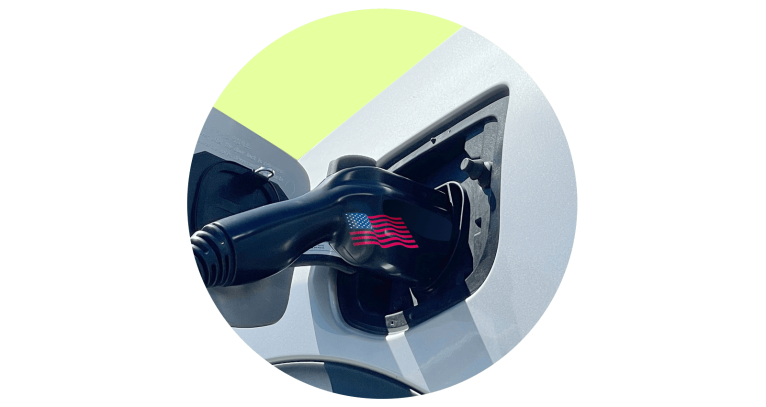It’s Friday, September 30, and Hertz plans to build more EV charging stations.
Just a little over a year after emerging from bankruptcy, the United States’ second-largest rental car company is on a green upswing.
This week, Hertz announced a new partnership with BP — the fossil fuel giant responsible for the Deepwater Horizon oil spill — which is intended to help establish a nationwide network of charging stations for the rental-car company’s growing fleet of electric vehicles. Details on the agreement are scant, but the companies have said that BP will install chargers — some of which will be available for public use — and provide software to help Hertz manage its fleet. According to BP, the software will schedule Hertz’s EVs to charge at the time of day when electricity prices are low.
Stephen Scherr, Hertz’s CEO, said in a statement that the collaboration would provide customers with “a premium electric experience and lower emission travel options.”
The move is the most recent of Hertz’s commitments to embrace electric vehicles, including an announcement earlier this month that the company would buy up to 175,000 EVs from General Motors over the next five years. That was on top of existing agreements to buy 100,000 EVs from Tesla and 65,000 from Polestar, a Swedish automaker. Hertz says it wants 25 percent of its fleet to be electric by the end of 2024.
While other rental car companies like Enterprise and Avis have also announced efforts — albeit much smaller ones — to move away from the internal combustion engine, Hertz’s new deal with BP represents one of the rental-car industry’s most concrete steps toward providing enough charging infrastructure to accommodate more rental EVs. The partnership could complement existing efforts from the federal government: Just this week, the Biden administration approved plans to deploy EV infrastructure on highways across the country, making more than $1.5 billion available for states to build charging stations over the next two years.
In the news
How Florida developers built vulnerable cities in Hurricane Ian’s path
Jake Bittle, Grist
➤ Read more
More than 1,700 environmental activists murdered in the past decade — report
Patrick Greenfield, The Guardian
➤ Read more
Western Arctic Ocean is acidifying four times faster than other oceans=
James Dinneen, New Scientist
➤ Read more
Hospitals in coastal cities risk flooding even in ‘weak’ hurricanes, study finds
Elena Shao, The New York Times
➤ Read more
‘It makes climate change real’: How carbon emissions got rebranded as ‘pollution’
Kate Yoder, Grist
➤ Read more

